Recruiting | "A Brief History of My Food" 10-Day Writing Plan
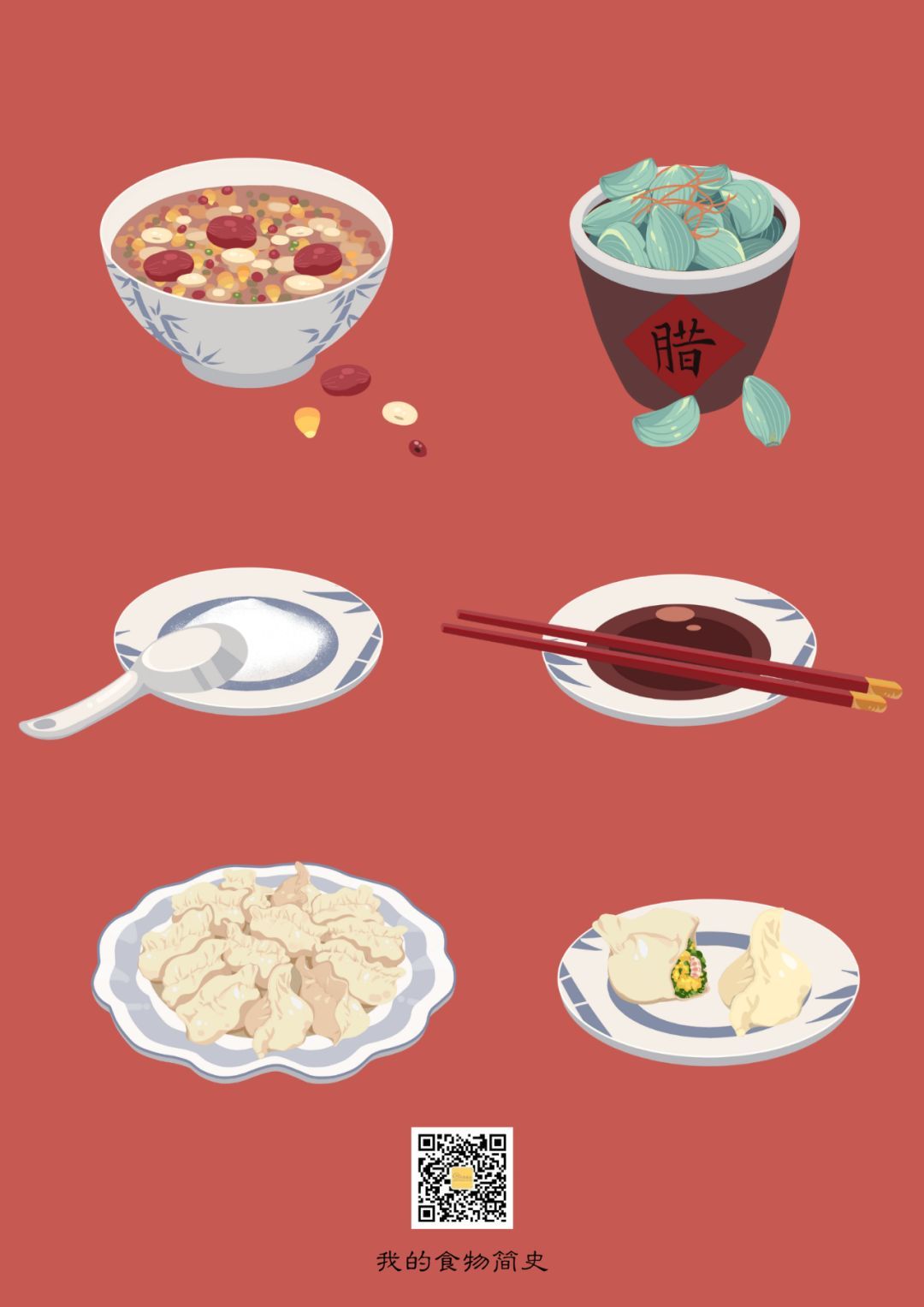
As of 14:00 on February 12, a total of 44,747 confirmed cases of new coronavirus-infected pneumonia have been reported nationwide, 16,067 suspected cases, 1,114 deaths, and 4,768 cured cases. Among these unfamiliar numbers, there are our revered medical staff, front-line staff, our distant relatives and friends... It is too late to say goodbye, only tears can be shed.
What makes the once bustling streets invisible? What turned the once-inconspicuous mask into a lifesaver? What are the two empty eyeballs that are showing? Hate what? Is it those who eat game? Or the old self who didn't pay attention, and even encouraged the wind of eating game? Is it enough to just not eat game? Do we have less experience of cocooning ourselves and drawing the ground into prison because of "eating"?
Seventeen years ago, the "SARS" storm did not completely engulf us, and we gradually forgot about it with a fluke, until this time the cloud was overcast. The epidemic spread from Wuhan to the whole country and even to the world, forcing all walks of life in China to extend their holidays, leading to economic downturn and the loss of lives... The severe epidemic has repeatedly warned us that it is time to reflect on changes, and we cannot repeat the same mistakes!
This Spring Festival is the most difficult Spring Festival most of us have ever lived through. However, we can have time to stop and reminisce about our story with food, think about our relationship with food, and write about our future with food. In the process of connecting with the heart, the goodness in our hearts will slowly emerge, illuminating indifference and prejudice, helping us transform from alienation and neglect of other life to mutual warmth between life and life, helping us find the true meaning of "eating" , learn to nourish and heal our body and mind with good food, learn to live in harmony with all beings, heaven and earth, and share peace.
To this end, Good Food Fund, Wancun Writing Program and Youzhu Ecology jointly launched the "My Brief History of Food" writing program . In this 10-day writing program, you will get guidance from seniors and mentors, and you will meet like-minded friends to discuss and inspire each other. During these 10 days, if you write a food story of 500 to 1000 words a day, after 10 days, you will be able to form a brief history of food with nearly 10,000 words!
By continuing to speak up, you can make people aware of the important but often overlooked issue of "food" . In this process of continuous learning and growth, you may also become an opinion leader in the field of food, doing your best to contribute your own light and heat to a healthy and sustainable food system. You can also leave this piece of history with other families by sharing pictures of the refrigerator at home, pictures of the dining table, or pictures of meals.
Together? ! Write history and future, and get new motivation to start again in the new year!
01Participation method
Method 1: Share pictures
Share 2-3 pictures: pictures taken after opening the refrigerator; pictures of food on the table; pictures of dining at home.
Please share pictures to email: media@goodfoodchina.net
Method 2: Participate in writing
After the first issue of WeChat recruitment, the feedback was very good, and 200 people signed up to participate in one night. Therefore, we are opening a 2-period writing group.
- "My Brief History of Food" Issue 1. Total writing time: February 12-February 21
- The total writing time of the 2 phases of "My Brief History of Food": It will start about three days after the end of the 1st phase, for a period of 10 days.
- Friends who are looking forward to joining the 2nd issue of the writing group, please add WeChat ID: zaishi-panan
- Please join the 2nd period of friends to join the group first, you can write first, and the tutor will start commenting after the camp starts.
02 Writing themes
Theme 1: Eating Habits (Individual/Family/Hometown/Other Country)
Theme 2: Memories of hunger and waste
Topic 3: The Story of Eating Meat/Vegetarianism
Theme 4: Food and Conflict/Compromise/Balance
Theme 5: Food and Tradition
Theme 6: Food Consumption
Theme 7: Food and Health
Topic 8: Food and the World
Topic 9: Food and career choices
Theme 10: Food and Disaster
Theme 11: Food Education
Choose at least 5 of these topics to start writing. You can also refer to the above topics to add new food writing topics.
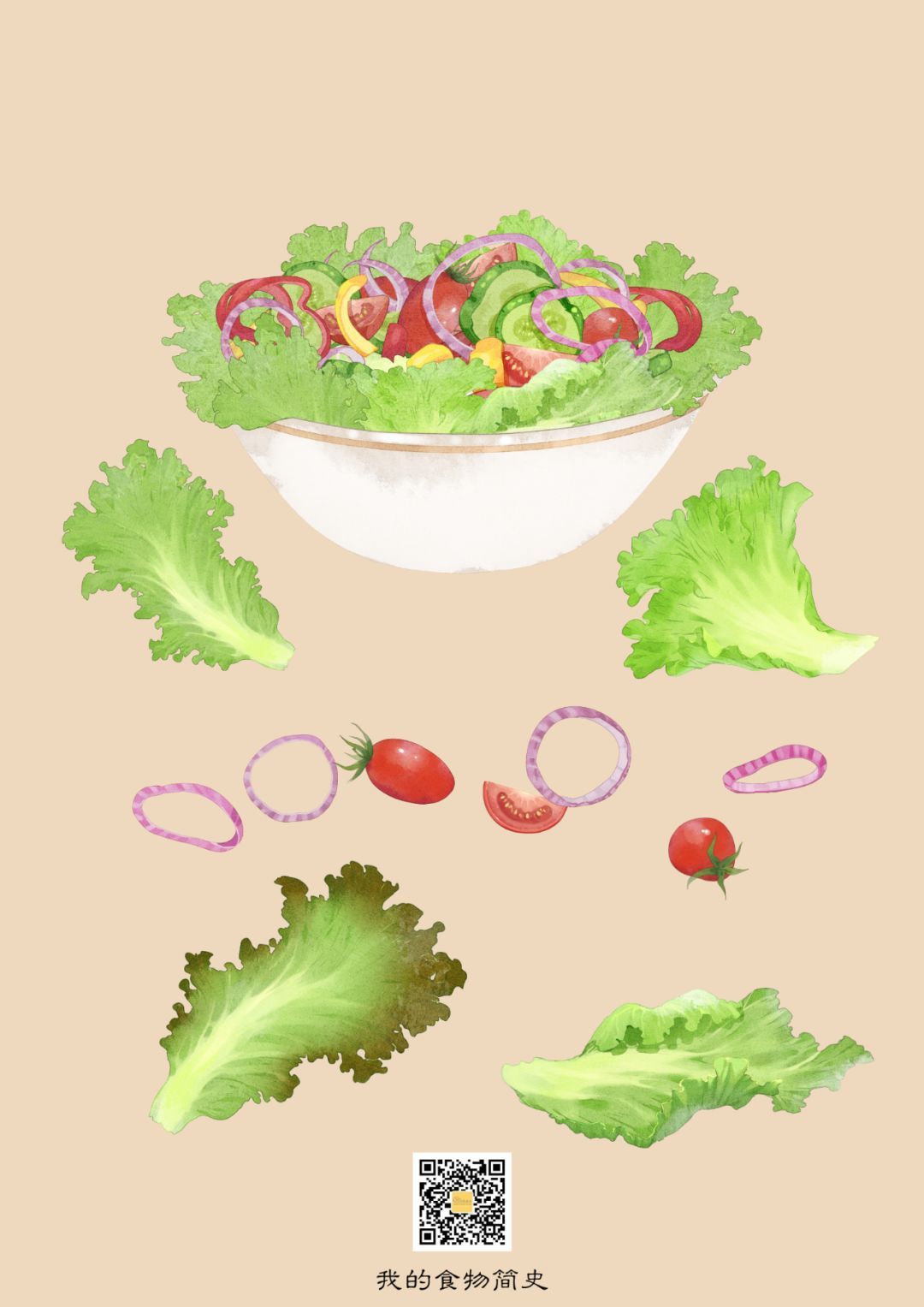
03 Rules for Participation in Writing
- Commit to writing a food story of 500 to 1,000 words per day for at least 7 of the 10 days of the writing camp
- Listen every day (listen to your inner voice, listen to the sharing of family members, listen to different voices from all walks of life, connect with nature, listen to nature), write every day, share every day. At the same time, the writing group tutor will give comments and feedback after receiving the story every day to help everyone sort out their ideas
- At the end of the event, a brief history of my food was carefully compiled. Along the way, there will be mentors to accompany and carefully guide. In addition to commenting and giving feedback every day, the tutor will also help you sort out and simplify the texts of these 10 days, and assist in the birth of your first brief history of food
- Excellent recorders will have the opportunity to participate in the impact writing course developed by Youzhu Ecology and the food leadership series courses developed by the Good Food Fund for free
04Writing Tutor
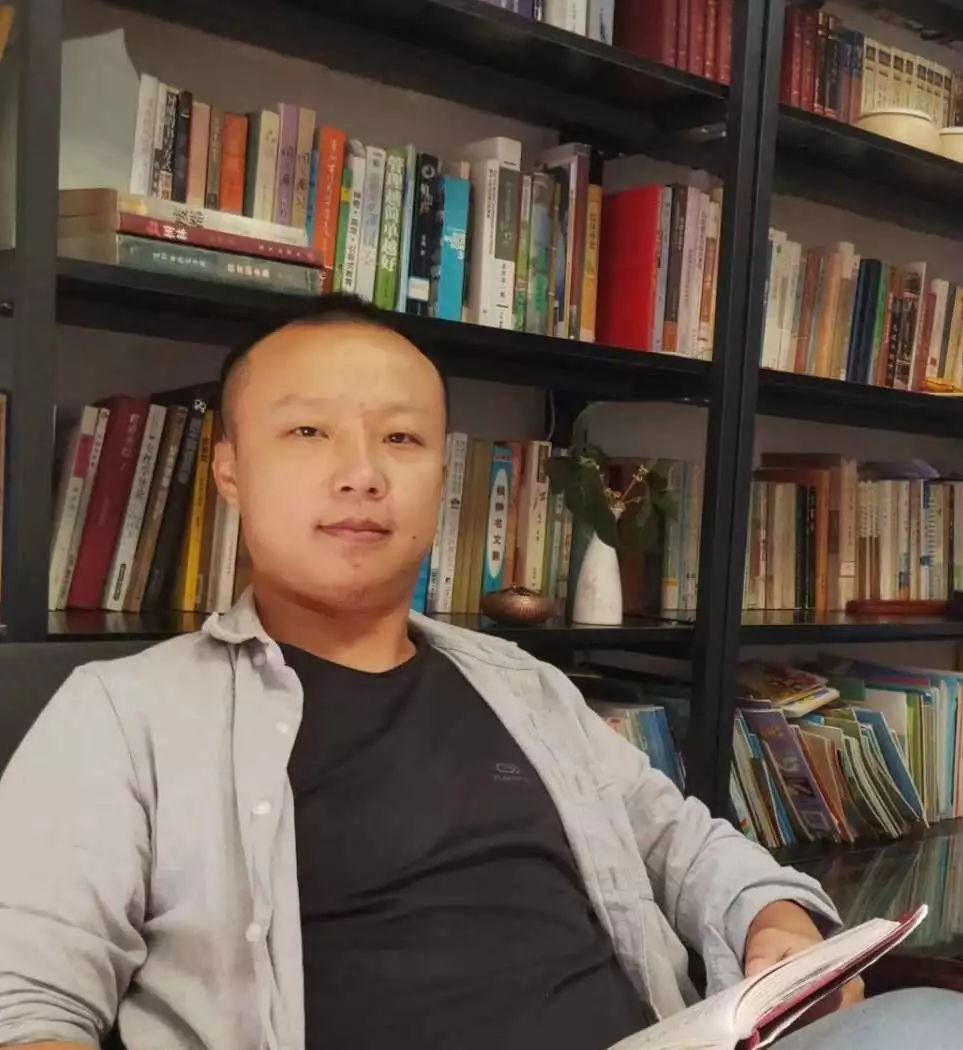
Initiator of "Wancun Writing Project", independent writer and non-fiction author. He used to be the chief story officer of the Blue Primary Color Innovation Lab. Director of Yicang National Development Network. Columnist and contract author on platforms such as Tencent Guyu, Surging Jingxiang, Toutiao, Himalaya, and 360 Pumpkin House. Committed to the promotion of folk narratives and the in-depth creation of story possibilities, as well as the advocacy and action practice of sustainable diets.

Entrepreneur in the field of sustainable development, founder of Youzhu Ecology, initiator of the "African True Story" project, speaker of the series of influence writing courses. He studied global affairs and peace studies in the United States, focusing on human peace and conflict. He has also worked in Africa and China, investigated various sustainable issues, and has been working in the field of social influence until now.
05 Writing outline reference
Basic Information
Name, gender, current address, date of birth and place of birth (as detailed as possible to the street or block)
current occupation
theme one
Eating habits (individual, family, hometown, foreign country)
- In your current daily diet, what kind of food do you have a particular story with?
- Describe your favorite food, the main ingredient? Color, flavor? There has been a change, why is there a change?
- How is the daily diet different from the holiday diet?
- What's the best veggie experience?
- Stories of you cooking and others cooking for you
- Describe the story of you or a foodie around you who has influenced you, how to be alone? travel? reunion? The story and psychology of happiness/value
- Your reflections, imagination and creation of food
- Memorable Hometown/Away Food
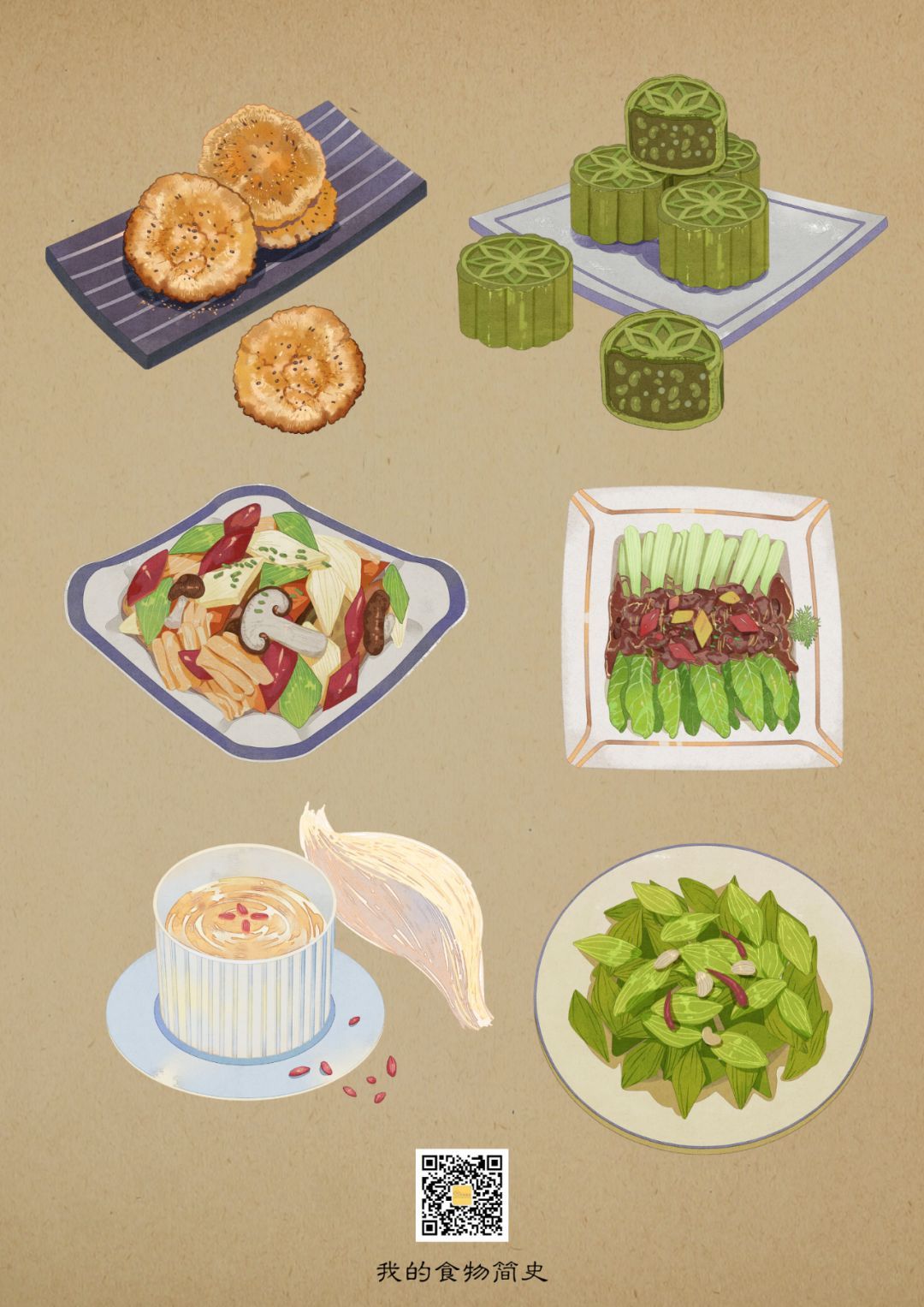
theme two
memory of hunger and waste
- Hunger Memories of the Past Generation
- This generation's wasted memory
- Picky Eating/Anorexic Memories for the Next Generation
Theme three
Meat/Vegetarian Stories
Theme four
Food and Conflict / Compromise / Balance
- When your eating habits are not understood and respected by your family, how do you deal with it? Have you ever fought with your family over food issues? If so, does it improve as you grow up?
- Life diet process, such as dietary changes at different ages from infants, childhood, schooling, work, marriage, gestation, retirement, old age, etc.
- Memories of conflict and compromise that may be triggered by culture/belief/education/physiology (eg allergies)/disease/special food needs
- When people feel down, they eat to balance their emotions, do you? What will you eat?
- Who makes you feel comforted when you eat it?
- Does the dining environment affect how you feel about the food?
theme five
food and tradition
- Families, beliefs, local, culturally diverse food traditions and prejudices stories idioms, tales of afterwords.
- The disappearance of food, such as whether there is a certain food in childhood memory, but disappeared later? Can we all eat the food that my grandma used to eat now? Which foods are no longer grown/collected?
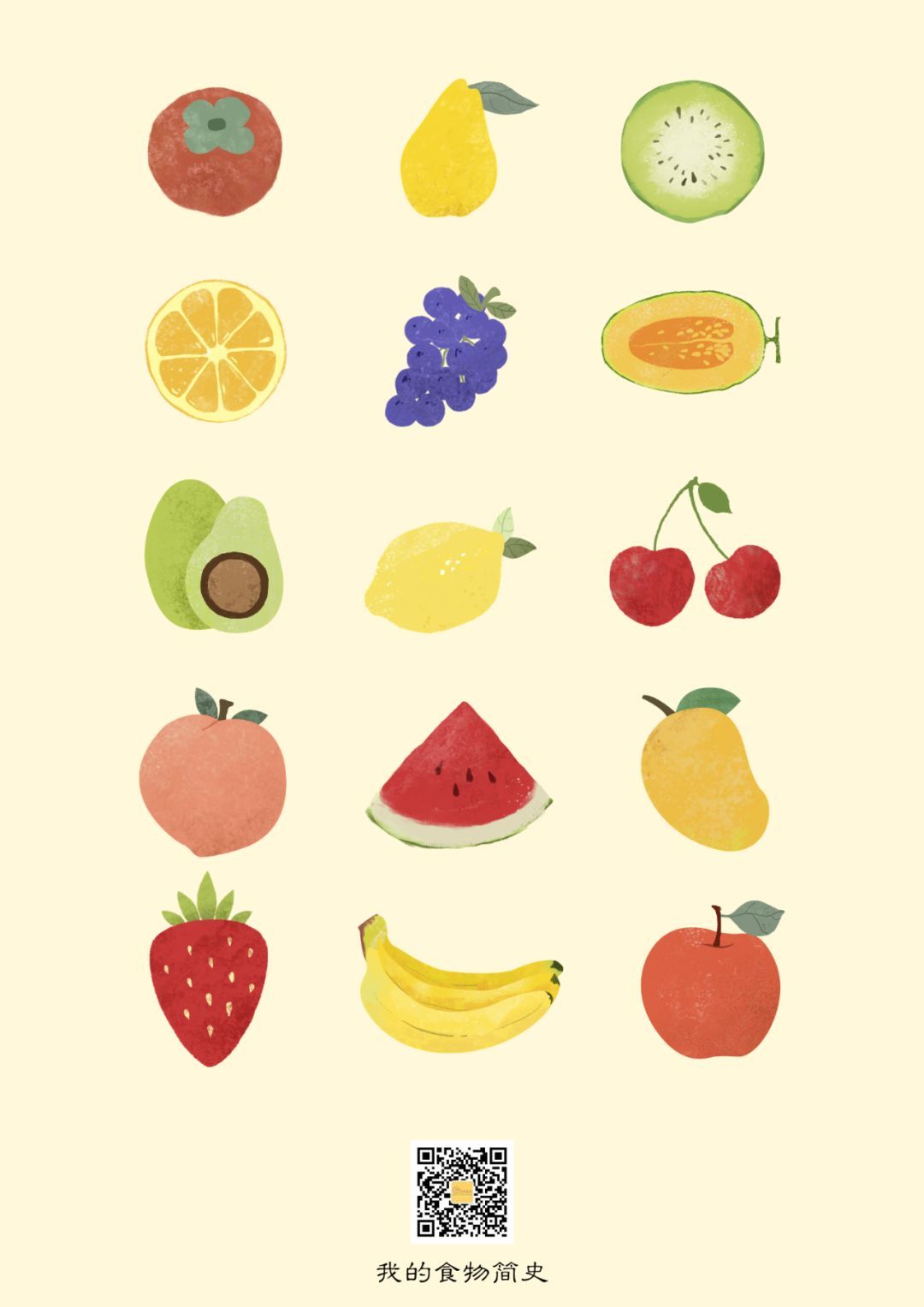
theme six
food consumption
- The story of ingredients (source, storage, collocation, consumption, processing, etc.)
theme seven
food and health
- Regarding health (disease, mental, physical), is it happiness, contentment? disgust? cure?
- food healing
- Stories of eating habits and rebuilding (dependence, allergies, excesses, shortages, conditioning, regimen)
theme eight
food and the world
- Describe the relationship between food and animal life, villages, land, and nature in the Chinese concept in your eyes
theme nine
Food and Career Options
- Stories of chefs in their apprenticeships, careers, material selection, dissemination, development, health concepts, etc.
- A Food Blogger's Story
theme ten
food and disaster
- How has your understanding of food changed since the outbreak/disaster/crisis? reflection?
- How do you think about eating wild animals? Have you read relevant news?
- Are there discussions about outbreaks/disasters/crises in your family/hometown? How did their discussion come about?
Topic Eleven
food education
- Stories of food enlightenment, education, and change that happened to you
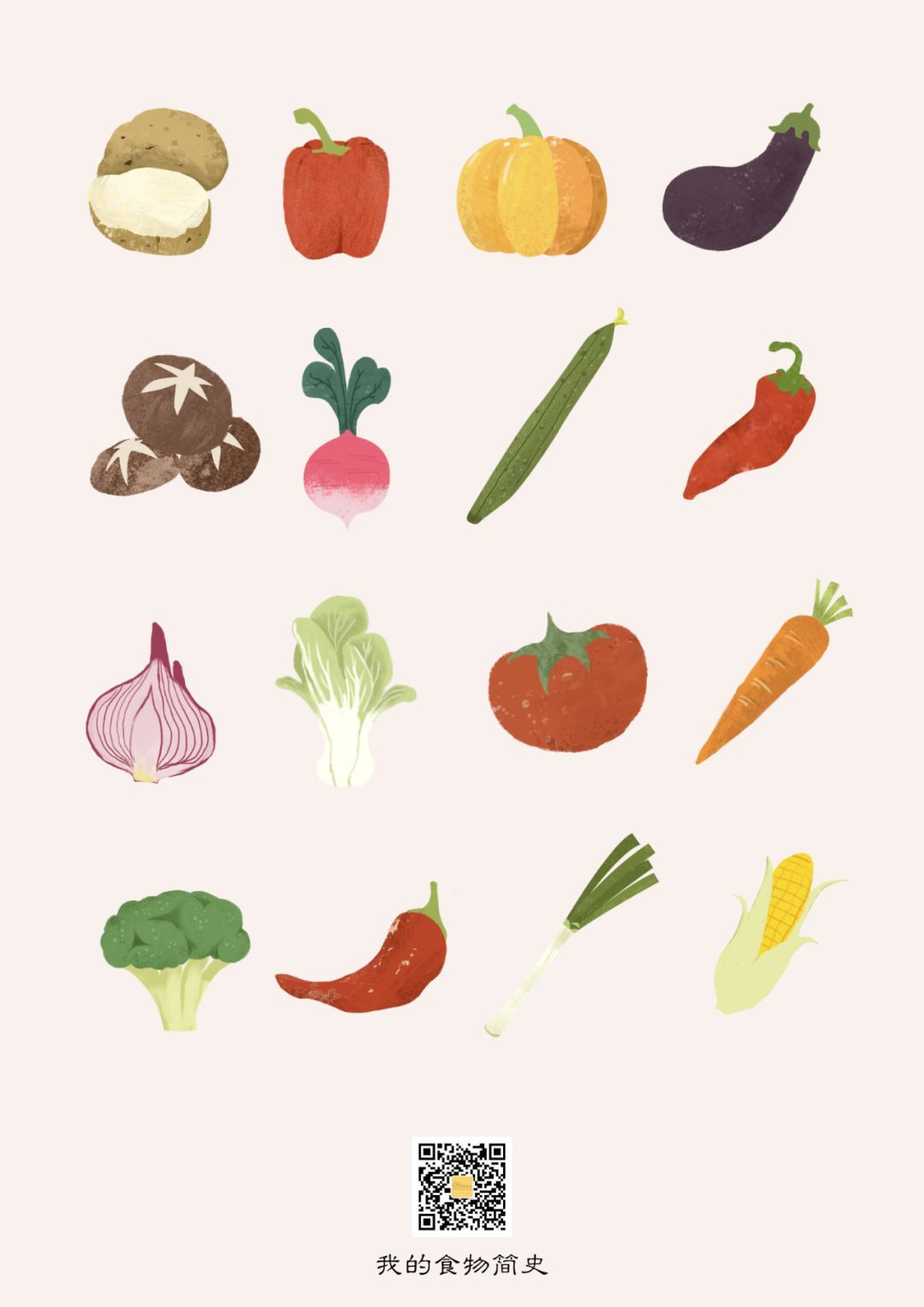
06 Initiator

China Biodiversity Conservation and Green Development Foundation Good Food Fund
China Biodiversity Conservation and Green Development Foundation (“China Green Development Council”) is a national public fundraising foundation with a history of more than 30 years that focuses on biodiversity and green development. The CBCGDF Good Food Fund (referred to as "Good Food Fund") focuses on promoting a healthy, sustainable and good food system.
Wancun Writing Project
Originating from the blue primary color, it is a memory retention and dissemination plan based on the villages/tribes of different countries and regions from a global perspective. Every village that has ever existed on the planet has a biography, preserving the evidence of the present, and writing the history of the descendants.
swimming pig ecology
It is an influential platform dedicated to building an African digital content ecosystem and providing third-party value-added services. True Stories of Africa is the core project of the current test operation. It is committed to making the Chinese Internet see the vitality of Africa and linking China to sustainable investment in Africa, thereby reducing information bias and silos, and empowering Chinese and African content creators to gain income growth and digital opportunities.
-END-
Like my work? Don't forget to support and clap, let me know that you are with me on the road of creation. Keep this enthusiasm together!

- Author
- More